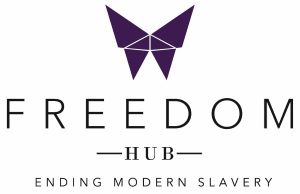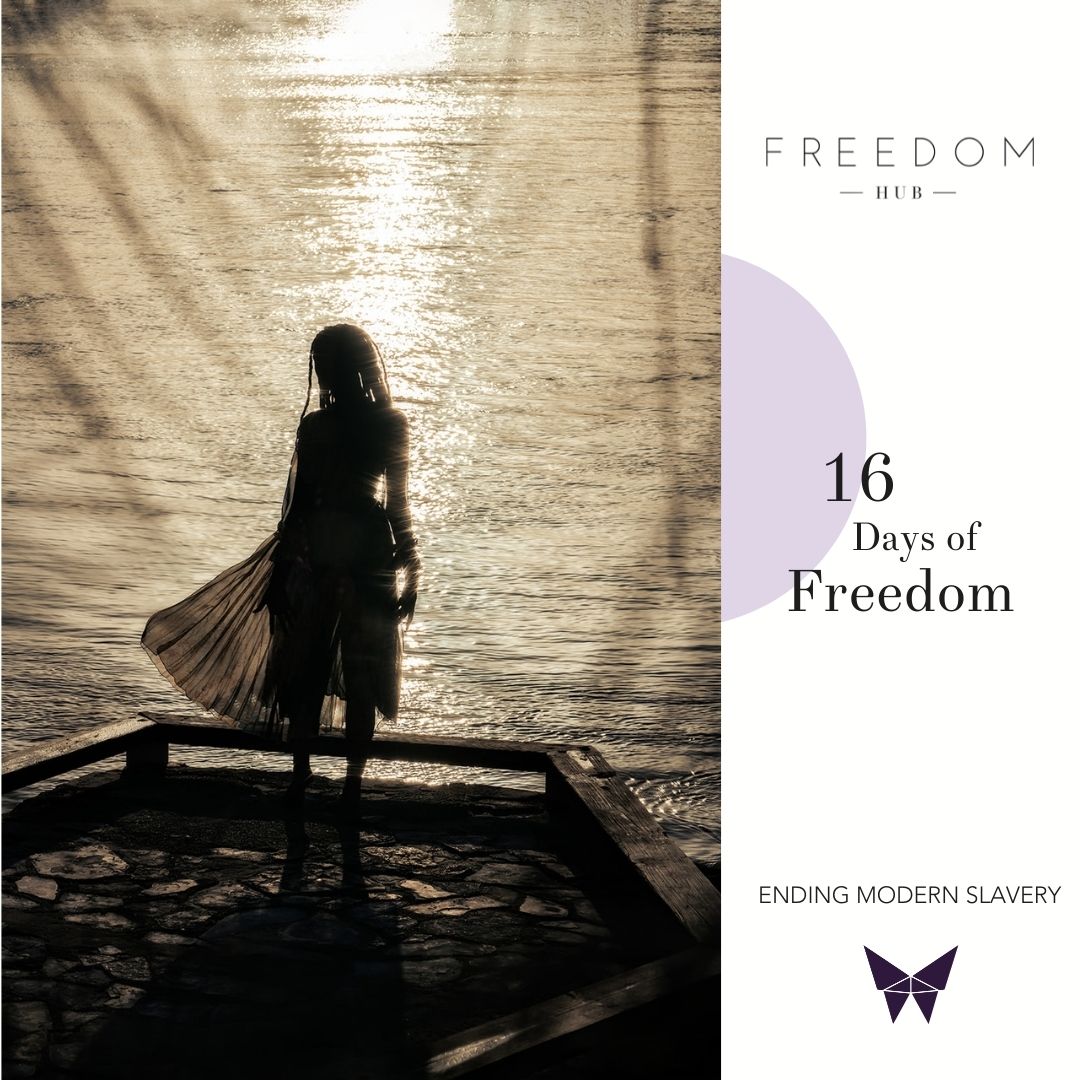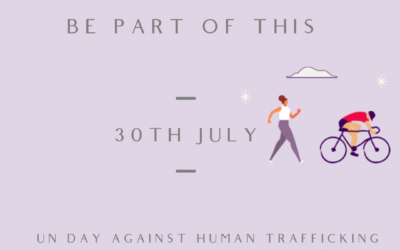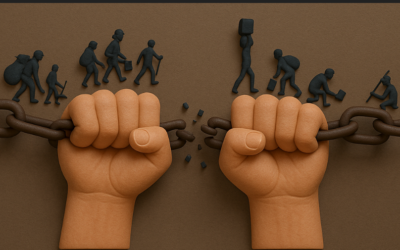Modern slavery takes form in many ways; domestic abuse, sexual exploitation, trafficking etc. One of the most common forms of slavery is labour exploitation and debt bondage.
What is labour exploitation?
Labour exploitation involved forcing people to work for little to no wages. It is also one of the most common forms of modern slavery.
Walk Free, an international human rights group, has found that some Australian industries are high risk for modern slavery situations, inclusive of forced labour. This is seen in industries such as:
- Agriculture
- Construction
- Domestic work
- Meat processing
- Cleaning
- Hospitality
- Food services
In recent years there has been an increase in cases in the hospitality, agriculture, and construction industries.
Walk Free also found that migrants are particularly vulnerable to modern slavery, with them being involved in most identified cases in Australia. Most of these are women.
With this exploitation existing strongly both in Australia and overseas, it begins to appear in our everyday routines. Slaves are used in the production of many of our everyday things, from the foods that we eat, to the clothes that we wear and the technology that we use. To find out how many slaves exist in your everyday routine, take the quiz at Slavery Footprint.
Labour exploitation is also often a product of debt bondage.
What is debt bondage?
Debt bondage occurs when a person offers their personal services as security for a debt loaned by an employer. A common feature of this crime is when an employer will increase interest rates to an unreasonable amount. This then makes it incredibly difficult for the individual to pay off their debt.
The United Nations comments on current forms of slavery, “Debt bondage remains one of the most prevalent forms of modern slavery in all regions of the world.”
Read more about debt bondage on one of our previous blogs, The ‘Freedom Day’ Reality for Modern Slaves.
What can you do?
Fortunately, there is always something you can do to help aid the abolishment of modern slavery.
-
Buy ethical
By being aware of the companies you buy from and align yourself with is hugely important. By supporting businesses that ethically source their products and do not use slaves in their chains of labour, you are allowing business that take the proper routes of action the chance to thrive.
The Freedom Hub’s online store and cafe in Waterloo has ethically sourced products from tea to candles to coffee. Each product has been carefully selected and checked for risk of modern slavery in their supply chain.
You can find other ethical businesses that have made a commitment to human rights through The Freedom Hub website:
https://thefreedomhub.org/ethical-business/directory/
-
Lobby for transparency and change
You can also use the power of your own voice. Large companies and other entities with revenue of at least $100million are now required to complete a Modern Slavery Statement. The Australian Government’s register of these statements is https://modernslaveryregister.gov.au/
If a company you deal with regularly hasn’t completed a Modern Slavery Statement – let them know that they can do so on a voluntary basis too.
Written by: Ebony Stanmore
Pic: @christianwinklercreative
Want to Make a Difference NOW?
High Teas for Humanity – Celebrate freedom on Human Rights Day (10th December) by coming to our High Tea or you could run your own high tea and fundraise for victims of violence in slavery in our Survivor School.
End of Year Giving – purchase from our shop and know that 100% of the profits from your purchase supports victims of violence in slavery in our survivor school.
Join our Community
Help raise awareness and join a local volunteer team, contact us here.
Or if you would like to get our monthly update, opt-in here.
If you would like to support a survivor, donate here. (tax-deductible)




